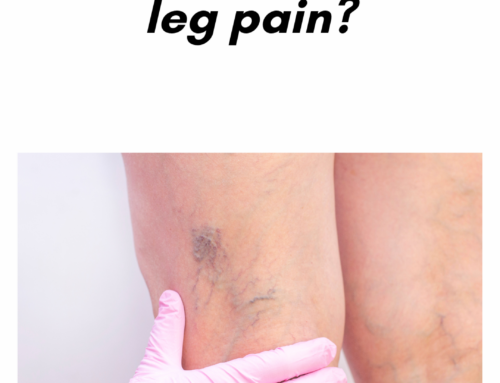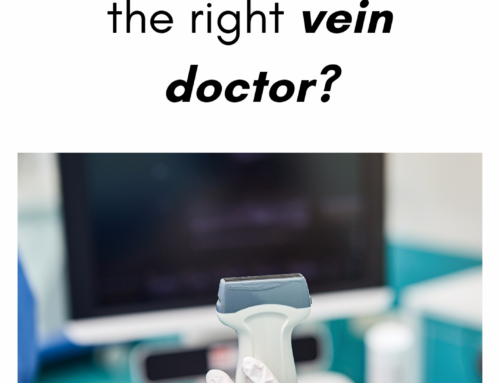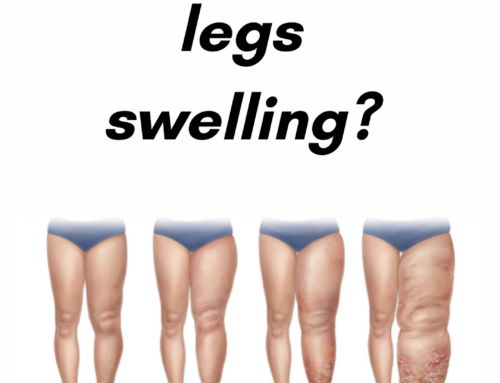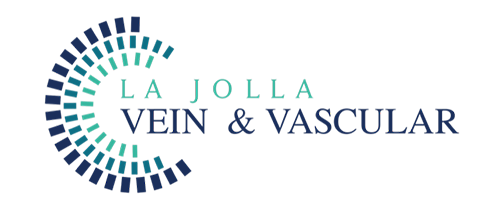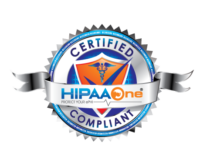How does diabetes relate to vascular health?

Diabetes and Vascular Disease
Diabetes Mellitus is a disease that affects the body’s ability to absorb glucose, which is a form of sugar and a major source of energy. There are two types of diabetes, Type 1 (formerly known as juvenile diabetes) and Type 2 (formerly called adult onset diabetes).
Both cause high levels of glucose in the bloodstream. High blood sugar causes many of the long-term effects of diabetes. Too much sugar in the blood damages the linings of the arteries of all sizes, and that can cause atherosclerosis, in which arteries are weakened and/or clogged with plaque.
Atherosclerosis in diabetic patients can lead to:
- Kidney damage. Kidneys have tiny blood vessels that remove waste from the blood, but diabetes blocks these blood vessels. As the disease progresses, the kidneys lose function and eventually fail.
- Retinopathy. High blood sugar can cause tiny blood vessels in the eyes to become blocked. When your eye tries to grow new blood vessels, they grow abnormally, eventually leading to blindness.
- Peripheral artery disease. Glucose damage to the arteries that feed oxygen and nutrients to the legs and feet can lead to pain in the legs, foot sores that won’t heal, chronic pain from poor circulation and in some cases, amputation.
- Neuropathy. In this condition, the patient loses feeling in the feet and toes. Decreased blood flow caused by clogged arteries can damage the nerves in the extremities.
If you or someone in your family has diabetes, be aware that:
-Patients with diabetes are more likely to get vascular disease.
-Patients with both diabetes and vascular disease are at risk of amputation, blindness, kidney failure and other serious disabilities.
Treatment of diabetes:
Because of the effects, it is very important to aggressively treat both types of diabetes to minimize long-term damage. Careful maintenance of the blood glucose level is the primary goal of this treatment. The HbAl c is a test that estimates the averaged glucose level over a three-month period. Maintaining an HbAl c < 7% is known to lower the risk of amputation, heart attacks, stroke and onset of peripheral arterial disease.
Avoiding foods and snacks high in sugar (which can include seemingly innocuous items such as white bread and pasta) can help maintain healthy glucose control. In addition, exercise helps to burn energy and improve your body’s ability to keep your glucose at a healthy level.
Ultimately, medication is often required to maintain this control. For type 2 diabetes, it has been shown that use of an insulin sensitizing medication (usually an oral agent) dramatically decreases cardiovascular complications compared to using only insulin. Consultation with a diabetes specialist can help you to manage your diabetes optimally. There are many new ways to check your glucose at home, including phone apps, and this knowledge and feedback can help you to manage your A1c better.
Preventive Care
Preventive care is a critical component of limiting lifetime complications for diabetics. Diabetes predisposes one to heart attacks, strokes, kidney failure and peripheral arterial disease. Knowing the signs and symptoms of these can facilitate you seeking help before a tragic event occurs. However, diabetes can also blunt the usual nerve response to diseases such as the pain of peripheral artery disease. This loss of sensation results in an increased risk of pressure ulcers on the feet. Patients with diabetes should perform routine inspection of their feet to evaluate for any breaks in the skin and notify their doctor immediately if found.Often, nail care can be complicated in diabetic patients. If you have been told you have peripheral neuropathy, ask for a referral to a podiatrist to assist you with nail care to avoid potentially dangerous injuries in nail care. If you do develop any wounds on your feet that do not heal in a reasonable time or seem to be expanding, ask your doctor to refer you to a vascular surgeon here at La Jolla Vein Care.
“Bringing Experts Together for Unparalleled Vein and Vascular Care”
La Jolla Vein & Vascular (formerly La Jolla Vein Care) is committed to bringing experts together for unparalleled vein and vascular care.
Nisha Bunke, MD, Sarah Lucas, MD, and Elliot DeYoung, MD are specialists who combine their experience and expertise to offer world-class vascular care.
Our accredited center is also a nationally known teaching site and center of excellence.
For more information on treatments and to book a consultation, please give our office a call at 858-550-0330.
For a deeper dive into vein and vascular care, please check out our Youtube Channel at this link.
For more information on varicose veins and eliminating underlying venous insufficiency, check this link out full of resources.

